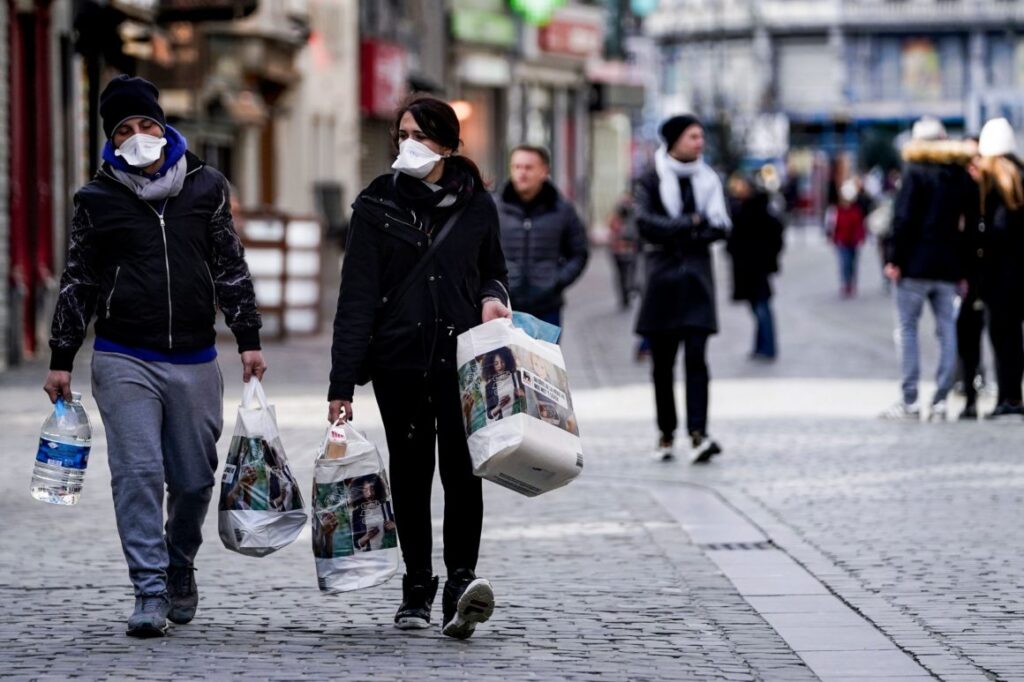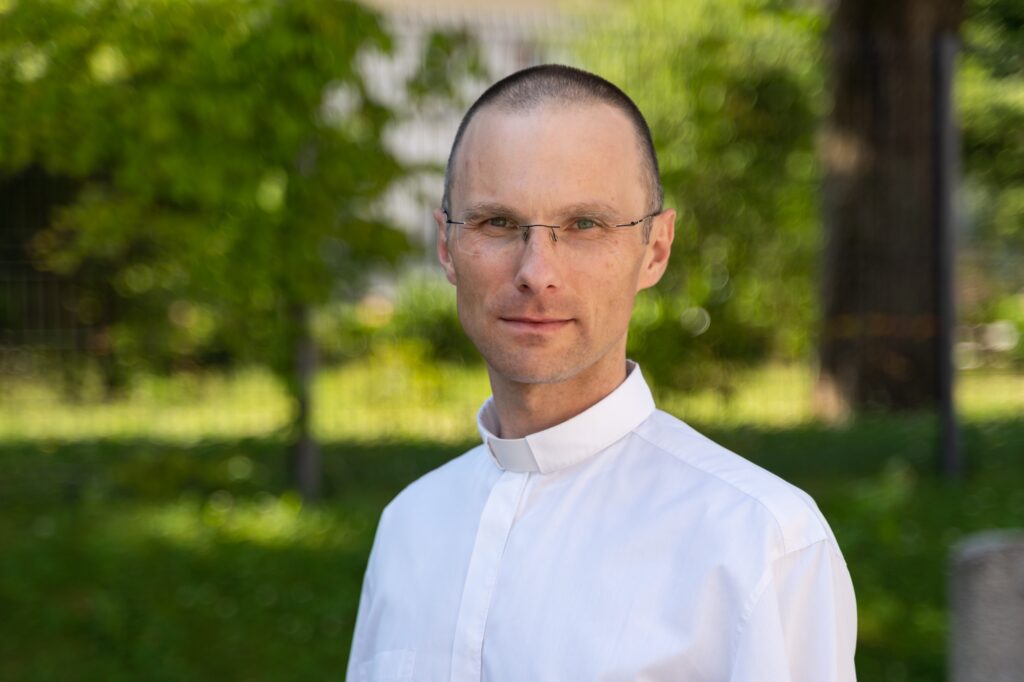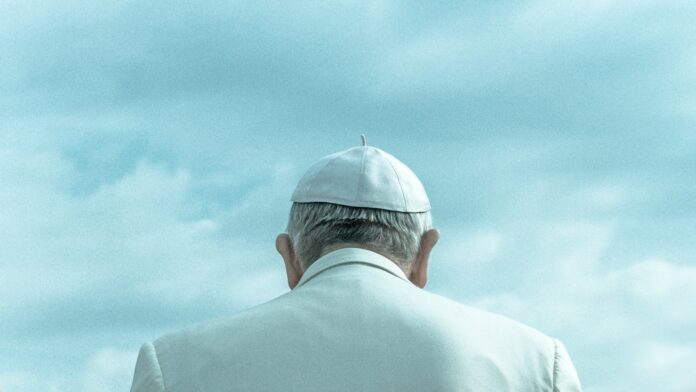An editorial to the October edition of Just Talk Covid
Feeling fear? These days I often do. And anger? Sometimes too.
So, I cultivate kindness, I share hope, and I dream big.
The Pope has just asked me to. And you as well. Covid
With the Autumn leaves falling and the Winter coming to the Northern hemisphere, I find
myself in the need to discipline myself in cultivating hope and kindness in the midst of rising covid fears as well as political rudeness and violence. I am afraid that without renewed hope and extreme kindness, advocated for by Pope Francis in Fratelli Tutti, the global political winter will be nasty and brutish and, alas, not short. In my opinion the new Encyclical does not represent a beginning of a new social era but rather a guide and support in the ever more uncertain and colder times.
In the last days, most of Europe has seen a huge rise in confirmed cases of covid-19. Two
weeks ago, the death toll caused by covid-19 passed one million. With the rising cases and the Winter around the corner, millions more are at the risk of dying. While the flu season in the Southern hemisphere was shockingly mild the scientists are unable to predict such an outcome for the upcoming winter in the North. Pushing kindly but firmly for preventive measures may play a crucial role. Failure to follow preventive practices could explain why covid-19 infection rates dramatically increased during the warm summer weather in the US and other countries.
We may not like the preventive measures and they may initially hurt our sociability, economy, and other areas of life. Yet, just as we put on warmer clothes to protect ourselves from the cold in times of winter so can we socially distance, wear masks, and avoid meeting indoors to protect ourselves from covid-19. Doing so, we need to put on a lot patience, hope and kindness. Until we learn to deal with the pandemic in a better way.
The numbers of the rising cases are not for statistics only. People I know, live and work with have been directly affected by the covid-19. While I am worried and carrying for the affected, I am afraid as well. I worry. I fear this covid would affect my parents, relatives and friends, my Jesuit community, my colleagues at JESC, and especially those most vulnerable and on the margins of the society.

Yet, once I look calmly and openly into the fear’s threatening eyes, the emotional signal of fear compels me to prudence and charity. There are measures available in our spiritual and social traditions to combat the often-legitimate sources of our fears. They can help us respond to calamities and their fears with not just prevention, but also actions rooted in hope and love. In Fratelli Tutti, Pope Francis lays out a number of options “to search for a ray of light in the midst of what we are experiencing” (FT 56): an open world, an open heart, better politics, dialogue and friendship, and encounter. And, above all, hope.
The paragraph that currently occupies most of my attention is Pope’s invitation to renewed
hope. For hope “speaks to us of something deeply rooted in every human heart, independently of our circumstances and historical conditioning. Hope speaks to us of a thirst, an aspiration, a longing for a life of fulfilment, a desire to achieve great things, things that fill our heart and lift our spirit to lofty realities like truth, goodness and beauty, justice and love… Hope is bold; it can look beyond […] and it can open us up to grand ideals that make life more beautiful and worthwhile” (FT55, citing his 2015 greeting to the youth).
It is with the attitude of hope that the human community is and will be able to counter fears, illusions, human rights abuses, and conflict. This daring hope will help us curb the rising political rudeness and violence. It will help us manage the long winter of covid-19 and the bad politics that will most likely persists for quite some time.
Hope necessitates kindness, a kindness that brings us together through forgiveness and
acceptance. To quote the Pope, kindness “frees us from the cruelty that at times infects human relationships, from the anxiety that prevents us from thinking of others, from the frantic flurry of activity that forgets that others also have a right to be happy” (FT 224).
In other words, kindness will facilitate our development of universal fraternity against the dark clouds over a closed world. In order to brave the threat of a new cold era, we need to lead the politics of hope and kindness and to daily exercise “political love”.
A world of fraternity and social friendship is possible. The saints and many people of good will have shown and proven it. They have cultivated kindness, shared hope, and dreamed big. And the Pope has just asked us all to do likewise.
Enjoy this Just Talk. And, please, stay healthy and warm, hopeful and kind.

Peter Rožič SJ,
JESC Director


